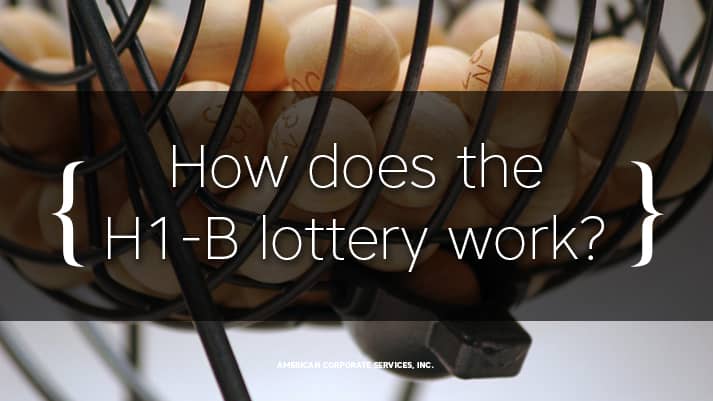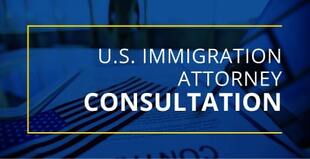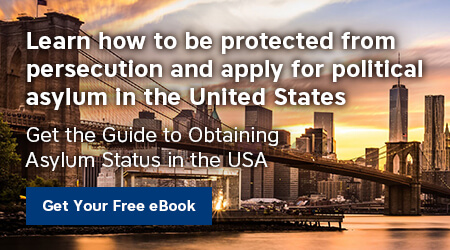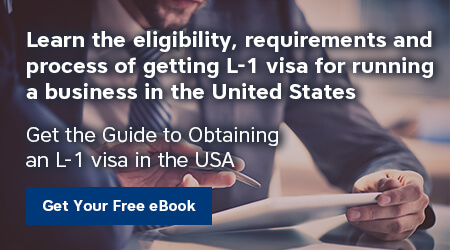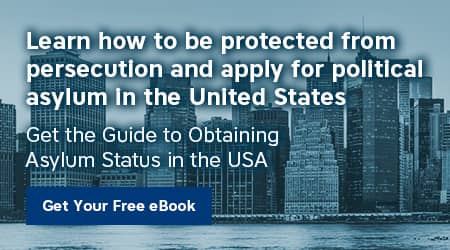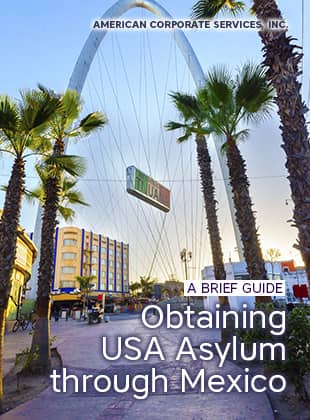People can get excited about participating in a lottery when doing so offers the potential of winning substantial amounts of money. However, they might have some negative feelings of anxiety if they are in an immigration visa lottery.
This is particularly true for people petitioning for an H-1B non-immigrant visa. Right now – and, perhaps for some time to come – the H-1B Visa is processed through a lottery system. Here’s how the system works.
The H1B visa lottery process
As long as the number of petitions is less than the quota for H-1B visas, applications, for the most part, are processed sequentially.
The current quota for H-1B Visas is 85,000 per year.
The number of H-1B petitions is 195,000 for the current year.
Since the number of applications exceeds the quota, a lottery becomes part of the approval system.
The H1B approval system
Of the 85,000 visas, 20,000 are reserved for petitioners who have a master’s degree or its equivalent. The remaining 65,000 are held for regular applicants.
- If the number of master’s applicants is less than 20,000, those applications are processed, and the remaining unassigned visas are put into a lottery pool with the regular (bachelor’s degree) H-1B applications.
- If the number of master’s applicants is greater than 20,000, the USCIS puts the master’s applicants only into a lottery. Applications are randomly drawn in the lottery using a computer-generated algorithm that considers only the unique individual identification number assigned to the application document. After the 20,000 applications have been selected, the remaining master’s applications are pooled with bachelor’s degree applicants.
All of the applications (bachelors and masters) are combined run through the random lottery operation together until 65,000 applications have been selected. This permits the remaining master’s petitioners a “second chance” because of their priority status.
Applications not selected – whether bachelor’s or master’s – in the lottery are returned to the applications or their representative along with application fees.
That’s a summary of the visa lottery process for H-1B applicants.
The implications of the H1B lottery process
So, what are some of the implications of the lottery process?
- What was entirely dependent on complete and accurate evidentiary information when the applications do not exceed the quota, becomes initially dependent on the luck of the draw. There is no investigation of any application unless and until the application is selected in the lottery.
- Because of additional streamlining of the evaluation process following the lottery phase, the USCIS will no longer issue a Request for Evidence (RFE) if the application and documentation are incomplete. The petition will be denied for lack of evidence. Note: Neither the amount or kind of information has not changed. The government has simply eliminated the RFE from the routine in order to speed up the process for the entire queue.
- Potential employers may become disillusioned with the uncertainties of the lottery process. Some may begin to count the cost of the effort to employ foreign national and conclude that the uncertainty is not worth the expense, time, and effort.
- Petitioners are left asking the question, “What do I do now?” after not being selected in the lottery?
That’s one of the reasons that our staff of seasoned Immigration Attorneys is ready to handle your inquiries. We want to help readers be aware of the workings of the U.S. immigration process so that you are not surprised by apparent obstacles. Our most valuable skill is helping you determine your best method of immigration and helping you to accomplish your objective successfully.

